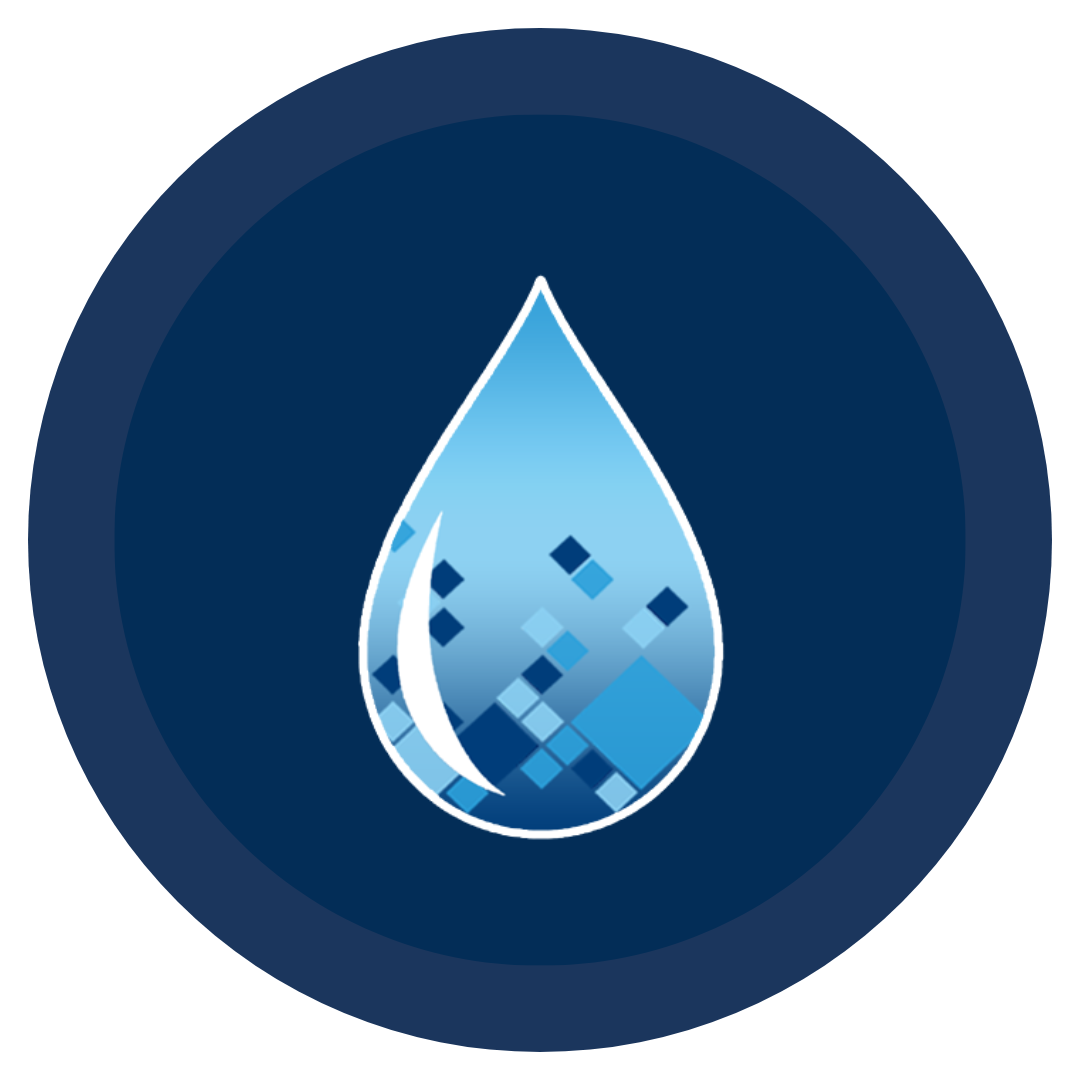New Jersey Bill S2188
Legionnaires’ disease, a severe form of pneumonia caused by Legionella bacteria, has been a growing public health concern, especially in environments with complex water systems. To combat this, New Jersey has introduced Bill S2188, a legislative effort designed to prevent and control outbreaks of this potentially deadly disease, and it was passed on June 28, 2024 by the New Jersey Senate and has moved this bill to the governor’s desk. The S2188 bill outlines specific actions for public water systems, building operators, and health departments to minimize the risks associated with Legionella bacteria.
Once Governor Murphy signs the bill, public water systems and various health care facilities, in New Jersey will be required to develop and implement a Water Management Program to prevent Legionnaires’ disease. You can read the bill here.
Note: The details shared below are IWC Innovations’ understanding of the bill. We advise reviewing the bill yourself to see how it might affect your water systems and facilities. Keep in mind that the bill may not become law, and no timeline has been set. However, Governor Murphy is anticipated to sign this bill into law.
What Buildings and Facilities Will NJ Bill S2188 Affect?
- Public water systems with 100 or more service connections
- Healthcare facilities where
- Patient stays exceed 24 hours;
- Containing one or more areas for the purpose of housing or treating occupants receiving treatment for burns, chemotherapy, solid organ transplantation, or bone marrow transplantation;
- buildings containing one or more areas for the purpose of housing or treating occupants that are immunocompromised, at-risk, on medications that weaken the immune system, or have renal disease, diabetes, or chronic lung disease;
- Buildings containing a whirlpool, spa, pool, open- or closed-circuit cooling tower or evaporative condenser that provides cooling or refrigeration for a heating, ventilation, air conditioning, or refrigeration system, ornamental fountain, mister, atomizer, air wash, humidifier, or other non-potable water system or device that releases water aerosols in the building or on the property upon which the building is located
- Buildings that are more than 10 stories high, including any level that is below grade, with a centralized potable water-heater system.
How to Comply with NJ Bill S2188
Public Water Systems:
- Must maintain a minimum detectable disinfectant residual of free chlorine of at least 0.3 milligrams per liter (mg/L) in all active parts of the public water system at all times for systems utilizing chlorine as a disinfectant, or maintain a minimum detectable disinfectant residual of at least 1.0 milligrams per liter of monochloramine in all active parts of the public water system at all times for systems utilizing chloramine as a disinfectant
- Conduct disinfectant residual testing at frequent and regular intervals to determine the amount and type of detectable disinfectant residual existing at different points in the public water system.
- Must give prompt public notifications and reporting of any water disruptions that could increase Legionella levels.
- The owner or operator of a public water system with 100 or more service connections are required to provide a written record of a reported disruption in the water distribution system to the DEP within 24 hours of the occurrence of the disruption.
The bill also mandates that the Department of Environmental Protection (DEP) create a publicly accessible database on its website for records of water distribution disruptions. It also requires the DEP to publish a public notice in the New Jersey Register and on its website, detailing the format, content, and procedures for these notices and records.
Non-compliance with these requirements may result in investigations, additional disinfectant or testing mandates, and other corrective actions for the public water system.
Additional Buildings and Facilities within the Scope:
- Are required to implement a water management program
- Are required to conduct testing as part of the building’s water management program be conducted in a manner consistent with the American Society of Heating, Refrigeration, and Air Conditioning Engineers (ASHRAE) Standard 188-2018 or comparable standards adopted by a nationally recognized, accepted, and appropriate organization, and specifies the qualifications of individuals who may conduct the required testing.
Non-compliance with these requirements can result in significant penalties, with fines reaching up to $10,000 for violations leading to serious injury or death.
Learn More About Our Water Management Plans!
Partnering with IWC Innovations for Compliance and Public Health Protection
Bill S2188 represents a proactive approach to public health by tackling the increasing threat of Legionnaires’ disease. With its stringent water quality regulations, mandatory public notifications, and comprehensive water management programs, the bill aims to significantly reduce the incidence of this dangerous disease in New Jersey. As the bill moves forward, it serves as a model for how other states might address similar public health challenges.
IWC Innovations is here to help your facility comply with these new regulations. Our expertise in water management and our ASSE-certified team can assist in developing, implementing, and maintaining the water management programs required by this legislation. This bill emphasizes the importance of vigilance, transparency, and education in protecting public health, especially in an era where complex water systems are widespread in both public and private spaces.





